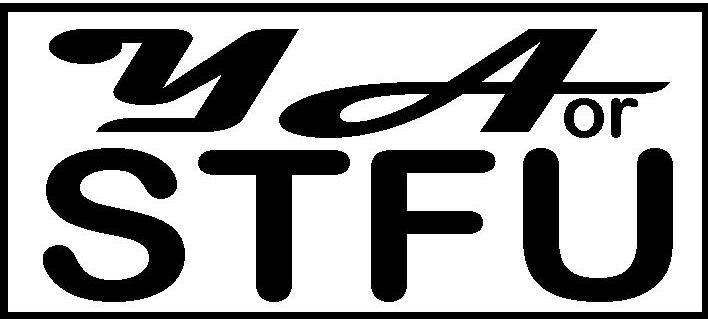Young Adult Literature without Apology
Amy's assessment of contemporary young adult literature, organized by author and title, censored by noone.
Realistic | Romance | Science Fiction | Historical Fiction | Fantasy | Horror | Mystery
Levithan, David (2006). Wide Awake. NY: Knopf. ISBN: 0375834664.
Oh, David Levithan, what have you done? I just finished writing a 25 page paper about how effectively you create a social utopia in the pages of Boy Meets Boy and now you re-enter the arena of political fiction with this! Wide Awake is a novel of a socially conscious and mostly progressive American future in which consumers visit anti-shopping malls to browse the stores and then contribute the money they would have spent on their purchases to charitable causes; where a segment of today's religious right has reclaimed the term "Jesus Freak" and decided to practice love instead of judgment (there is still a "religious right," however; the "Decents" are the clear villains in this novel); and where a gay, Jewish man has been elected president of the United States. The novel begins with the election triumph of President Stein but conflict descends when his opponent and his supporters challenge the vote counts. In a race to win Kansas' electoral votes, both candidates decend upon the state to oversee the re-count and invite their supporters to join them.
Sixteen year old Duncan narrates the story; an ardent Stein supporter, he, his boyfriend Jimmy, and a group of local Stein supporters decide to travel to Kansas to support their candidate. As the journey begins, Duncan indulges in moments of insecurity with regards to his relationship with his boyfriend and watches as the lesbian couple he and Jimmy refer to as the "model" couple break up. Though I find Levithan's vision of the future refreshing in its idealism, this novel lacks the same subtlety that made the gay utopia of Boy Meets Boy so effective. Basically, Levithan forces Duncan to spend so much time explaining and contextualizing the contemporary (fictional) current events to us, that little room is left for character development. Liberal incorporations of text from Stein's "speeches" go a bit too far in pushing a political agenda that, even though I agree with most of what is said, feels like proselytizing. Janet Tashjian's The Gospel According to Larry and its sequal, Vote for Larry, were much more effective examples of this type of politically motivated fiction.
